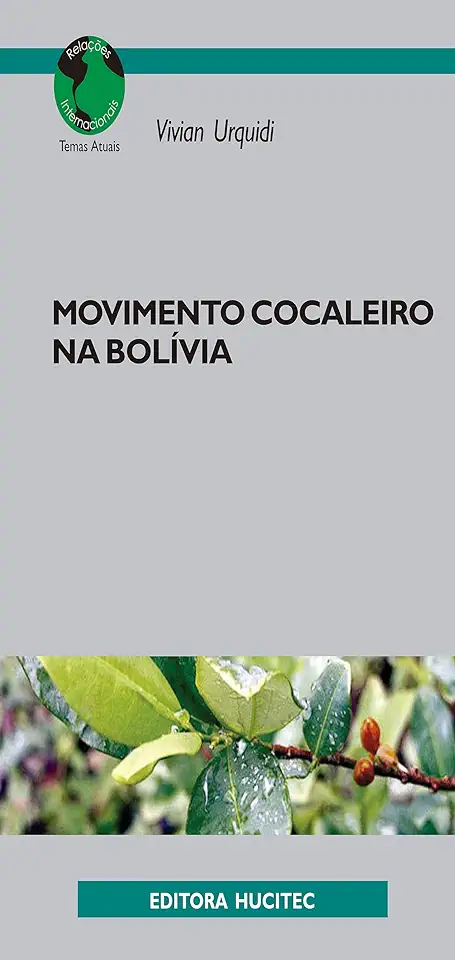
Coca Leaf Movement in Bolivia - Vivian Urquidi
Coca Leaf Movement in Bolivia: A Revolutionary Force for Social Change
Introduction
In the heart of South America, where the Andes Mountains meet the Amazon rainforest, lies Bolivia, a country rich in natural resources and cultural heritage. Yet, for decades, Bolivia has been plagued by poverty, inequality, and political instability. Amidst these challenges, a remarkable movement has emerged, fueled by the humble coca leaf, a plant that has been revered for its medicinal and cultural significance for centuries.
The Coca Leaf: A Sacred Plant
The coca leaf has been an integral part of Andean culture for thousands of years. It is used in traditional medicine to treat various ailments, and it holds deep spiritual and symbolic meanings. For indigenous communities, the coca leaf represents resilience, resistance, and cultural identity.
The Coca Leaf Movement: A Struggle for Social Justice
The Coca Leaf Movement in Bolivia is a grassroots movement that seeks to reclaim and revalorize the coca leaf, challenging the negative stigma imposed by international drug policies. Led by indigenous and peasant communities, the movement advocates for the recognition of coca as a legitimate crop and a source of sustainable livelihoods.
The Bolivian Government's Support for the Coca Leaf Movement
In recent years, the Bolivian government has taken a progressive stance towards the coca leaf, recognizing its cultural and economic importance. President Evo Morales, himself an indigenous leader and coca farmer, has implemented policies that support the responsible cultivation and commercialization of coca. These policies have empowered indigenous communities and contributed to rural development.
The Impact of the Coca Leaf Movement
The Coca Leaf Movement has had a profound impact on Bolivian society. It has strengthened indigenous rights, promoted sustainable agriculture, and fostered a sense of national pride. The movement has also challenged the dominant narratives surrounding drug policy, advocating for a more holistic and humane approach to drug control.
Conclusion
The Coca Leaf Movement in Bolivia is a powerful example of how grassroots movements can drive social change. By reclaiming their cultural heritage and asserting their rights, indigenous communities have not only improved their livelihoods but also contributed to a more just and equitable society. The coca leaf, once stigmatized, has become a symbol of resistance, resilience, and hope for a better future.
Call to Action
Join the Coca Leaf Movement and support the struggle for social justice in Bolivia. Learn more about the movement, spread awareness, and advocate for policies that respect indigenous rights and promote sustainable development. Together, we can create a world where the coca leaf is recognized for its true value, and where all people can live with dignity and prosperity.
Enjoyed the summary? Discover all the details and take your reading to the next level — [click here to view the book on Amazon!]